The Brand Index of Pakistan (BIP) employs a rigorous, internationally aligned methodology to evaluate brands on two foundational pillars: Sustainability and Trustability: These pillars are meticulously designed to capture the essence of a brand’s commitment to ethical practices, environmental stewardship, and consumer confidence, ensuring a holistic assessment that resonates with global standards while addressing Pakistan’s unique market dynamics.
The BIP’s sustainability framework evaluates brands across four key dimensions, each underpinned by specific metrics and indicators:
Labor Practices: Fair wages, safe working conditions, ethical sourcing in supply chains, anti-discrimination policies. Human Rights: Commitment to human rights throughout the value chain, prevention of forced labor and child labor. Diversity and Inclusion: Promotion of diversity in the workplace and in brand messaging.
The trustability framework is designed to evaluate a brand’s ability to build and maintain consumer confidence through transparency, ethical conduct, and reliable practices. It encompasses five critical dimensions:
Measures the effectiveness of a brand’s governance structures, including board diversity, executive accountability, and adherence to ethical business practices. Metrics include governance ratings, shareholder satisfaction, and compliance with corporate governance codes.
By integrating sustainability and trustability into its core evaluation framework, the BIP not only ranks brands but also drives meaningful change. It identifies industry leaders, highlights best practices, and provides actionable recommendations for improvement. For stakeholders, the BIP serves as a trusted resource for understanding brand performance, fostering consumer trust, and promoting sustainable business practices. In essence, the BIP’s sustainability and trust ability methodology is more than an assessment tool—it is a catalyst for transforming Pakistan’s business landscape into one that prioritizes ethical responsibility, environmental stewardship, and consumer confidence. Through its comprehensive and globally aligned approach, the BIP sets a new standard for brand excellence, positioning Pakistan as a leader in sustainable and trustworthy business practices.


Partner with Brand Index to unlock your brand’s full potential. Whether you’re looking to improve brand perception, optimize positioning, or gain a competitive edge, our experts are here to help.
+923 03 03 87 333
info@brandsindex.org
H-41, P.E.C.H.S Block-2, Karachi, Pakistan.
Copyright © 2025 All Right Reserved Brand Index of Pakistan